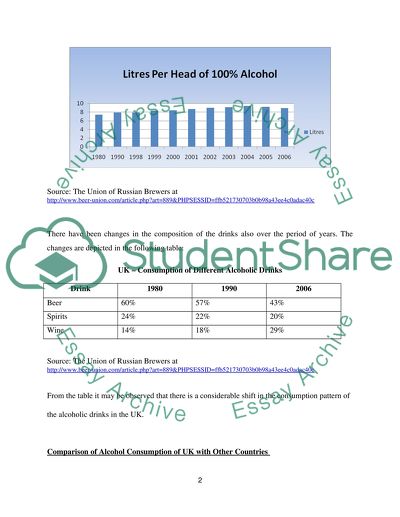Cite this document
(“Alcohol Consumption Essay Example | Topics and Well Written Essays - 2000 words”, n.d.)
Alcohol Consumption Essay Example | Topics and Well Written Essays - 2000 words. Retrieved from https://studentshare.org/health-sciences-medicine/1509425-alcohol-consumption
Alcohol Consumption Essay Example | Topics and Well Written Essays - 2000 words. Retrieved from https://studentshare.org/health-sciences-medicine/1509425-alcohol-consumption
(Alcohol Consumption Essay Example | Topics and Well Written Essays - 2000 Words)
Alcohol Consumption Essay Example | Topics and Well Written Essays - 2000 Words. https://studentshare.org/health-sciences-medicine/1509425-alcohol-consumption.
Alcohol Consumption Essay Example | Topics and Well Written Essays - 2000 Words. https://studentshare.org/health-sciences-medicine/1509425-alcohol-consumption.
“Alcohol Consumption Essay Example | Topics and Well Written Essays - 2000 Words”, n.d. https://studentshare.org/health-sciences-medicine/1509425-alcohol-consumption.


